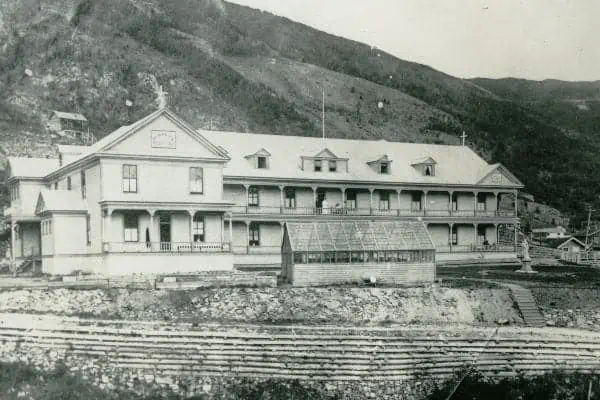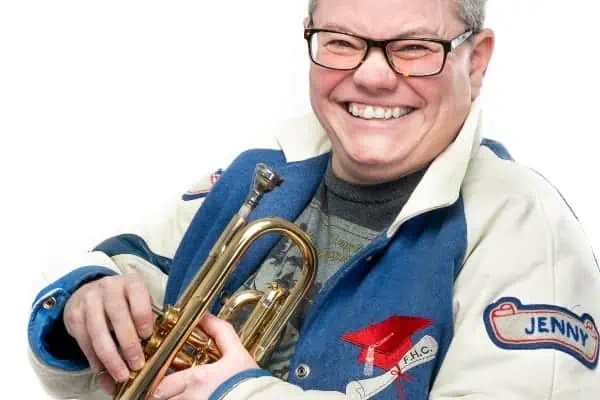Why is Robert Service so much better known here than Jack London? This question comes from Wolfgang Robert Greiner, one of five German journalists I was invited to meet for breakfast at the Aurora Inn in late February.
Their primary literary interest is in Jack London, whose Yukon themed short stories were standard fare in German schoolbooks on both sides of the Iron Curtain before the fall of the Soviet Union and the reunification of Germany.
London’s socialist leanings made him an acceptable American author, though his works were often presented as children’s fare and were therefore bowdlerized to remove some of the more adult content.
Greiner, who edits a website and blog on London’s works, was galvanized into fresh enthusiasm by the recent publication of unexpurgated translations of London’s work, and part of our meeting today involves me sitting for a video interview, repeating some of the information that I have already discussed with him and his companions over the meal.
The companions are Holger Bergold, best known in the Yukon for spending 15 years organizing the annual Fulda Follies – my term for the Fulda Extreme Sports Events used to promote the German manufacturer’s tires. This year he has organized this “fam tour,” bringing with him Martin Haeussermann, a Fulda coverage veteran; Sabrina Hasenbein, who organizes events for German travellers in Ontario; Wolfgang Jürgen Tischer, whose magazine is showcasing Canada in four issues this year; Sabine Ilse Loeprick, who usually writes about urban areas; and Greiner.
They’ve visited the Jack London Cabin and Interpretive Centre, on the corner of 8th Avenue and Firth St., and the Robert Service Cabin just up the road, as well as the Museum on 5th Avenue.
In the absence of the women who normally run the centre and interpret London’s Yukon experience, I’ve been tapped by a former student of mine, who now works for Yukon’s Tourism Department, to try to answer some of their questions. I do my best, with the assistance of Dick North’s masterful memoir, Sailor on Snowshoes, which rests near at hand while we chat.
They understand that the gold struck London came North to find his fortune, hoping that it might provide him the resources to focus on the career he wanted to have, that of a writer. They realize that the gold he gathered while here was to be found in anecdotes heard during his long winter in several cabins near Henderson Creek, in the settings and the personal experiences that burned themselves into his psyche and galvanized his writing when he returned to California.
Yet there is that puzzle. How come Service is, in their eyes at least, better known in Canada?
George Orwell suggested that poetry is a private linguistic joke that does not travel well. That may be true, but it lends itself to being imprinted in the memory. There is scarcely a Canadian of a certain age who cannot finish this line: “There are strange things done ……”; or this one “A bunch of the boys were whooping it up….” ; or this one; “I wanted the gold and I sought it….”
They may know The Call of the Wild, White Fang, The Sea Wolf and the short story “To Build a Fire,” but it’s less likely that they can quote a line from them. Prose doesn’t embed itself in a mind in quite the same way.
My breakfast companions nod when I tell them that, and it appears I have provided them with an answer that makes sense.




